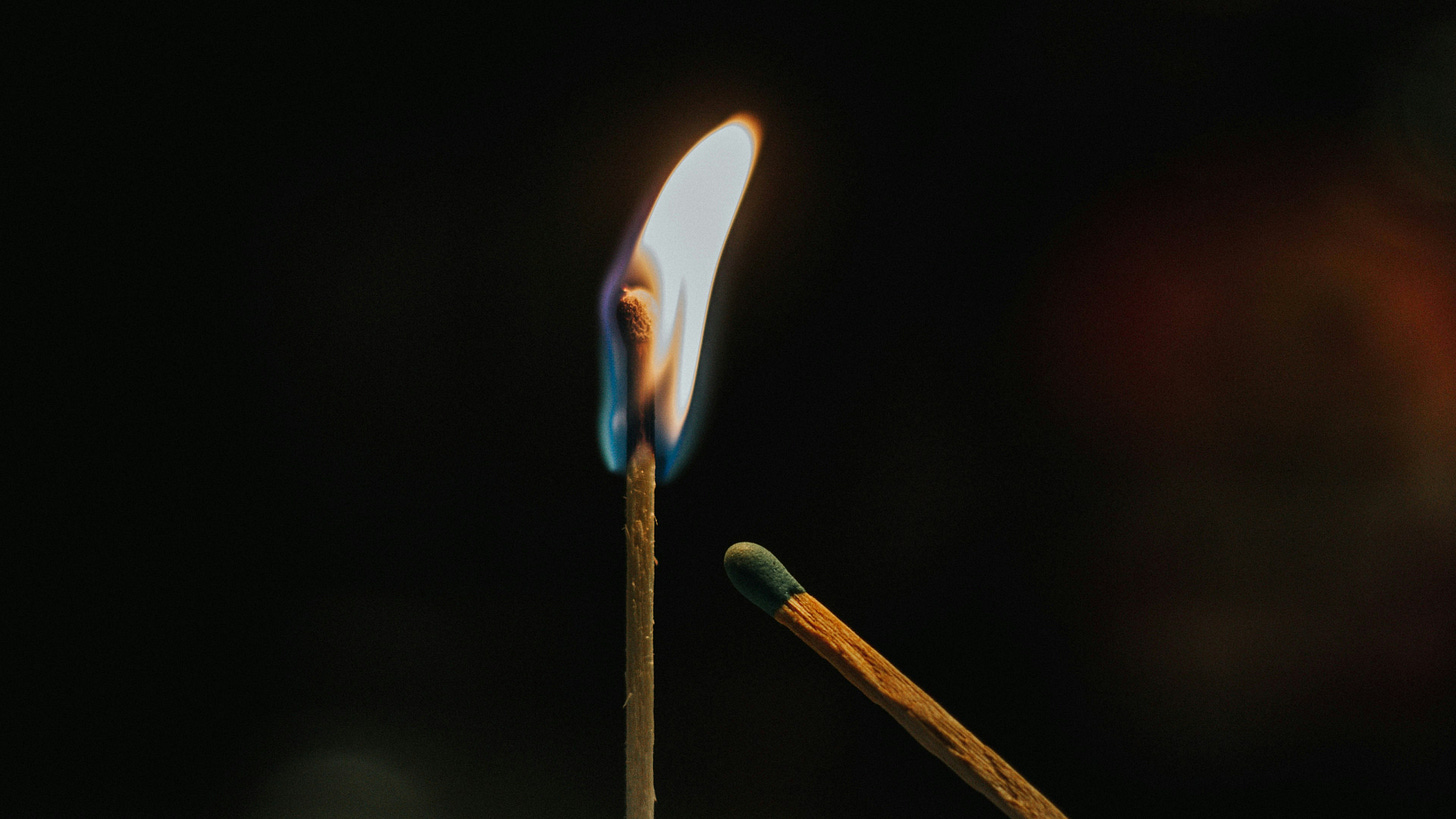Requisite Friction
The energy of change

Somewhere along the path to efficiency and productivity, we have seen “seamless” and “frictionless” as good things. No bumps in the road. I think it makes us vulnerable.
Fear has become an industry, and uncertainty a dominant paradigm. Questioning our status and individuals, community or country harvests attention, and suggesting unfairness a tactic.
We have become predisposed to victimhood and the claims of those who claim they can sort it out for us when all we are facing is the normal peaks and troughs of change amplified by those whose interests it serves.
It doesn’t mean it won’t impact us, but how we see the change around us is a choice. “Learned Helplessness” is real and profitable for those with effort-free “solutions”, and it’s too easy to find ourselves caught up in the turmoil they create.
Friction generates the energy we need to embrace the uncertainty we face, rather than hide from it. When we encounter intellectual friction - whether through opposing viewpoints or challenging constraints we are compelled to engage more deeply with ideas rather than accept surface-level understanding. We have to confront the challenge on our terms, learn what we need to understand or make conscious decisions on the risk we are willing to take in resolving it.
Friction can force us to consider our perspective. I experienced one such this week in a discussion on “Invisible Women,” and the effect can feel like tectonic plates shifting, as I can no longer dismiss the points that inconvenience me, and I am the better, if a little chastened by it.
Perhaps one of friction's biggest effects is that it brings our attention to the systems at play. When things are running smoothly, I’m not sure we see the systems we are part of, but when they start to fail and friction ensues, we see them out of necessity. Maybe, if we are ready for friction, we might see what needs to be addressed earlier than we otherwise would.
And, for now, at least, friction is an excellent filter for ideas. If we can find ourselves a trusted community, friction can be a hugely positive quality as we debate not to compete but to explore. Mediocre ideas get filtered out through generosity rather than allowed to pass out of indifferent politeness.
The small group we have created on Mighty Networks last weekend has already shown signs of enabling this - and some of the points above have been triggered by it. There is something both rewarding and satisfying of sharing incomplete thoughts with others in the knowledge that, like water over stones, the interaction will have a smoothing effect. We’re also exploring how AI might enhance that - as interlocutors, not servant or assistant. There is mileage in it.
Our December New Artisans / Outside the Walls Zoom call will take place on Weds 11th December at 5:00 pm UK on Zoom. Be good to see you there.
This brings me back to the notion of New Artisans. I have a favourite quotation from Peter Korn that I think translates into the work we do. It’s a little long, but worth offering in full:
“In the workshop, wishing won't make it so. The craftsman is forced to come to terms with the physical properties of materials, the mechanical properties of tools, and the real capacity and limits of his own dexterity, discipline and imagination. In this way, craft's materiality imposes cooperation on the sometimes discordant factions of the mind. By necessity, it reconciles the desire to interpret the world in ways that are emotionally gratifying with the countervailing need for accurate information to facilitate effective decisions. Thus the holistic quality of craft lies not only in engaging the whole person but also in harmonising his understanding of himself in the world.”
― Peter Korn, Why We Make Things and Why It Matters: The Education of a Craftsman
So it is with friction. We have a choice—to avoid it or embrace it, and I think embracing it is the work of an artisan as we bring our whole selves to the problem. There is another passage in the book where he talks about working with knots in wood, and in fact, there is no such thing as “a knot”—each one is individual, and how it is handled depends on what is being made.
I believe the same is true of how we approach uncertainty as we address the multiple pressures we face from technology, environment, and politics. Each issue is individual, and if handled with skill and empathy, it adds character to what is being done.
Change creates friction. Creating meaning and beauty from it is a craft.
There is a craft to handling uncertainty, a space, and a need for New Artisans.

